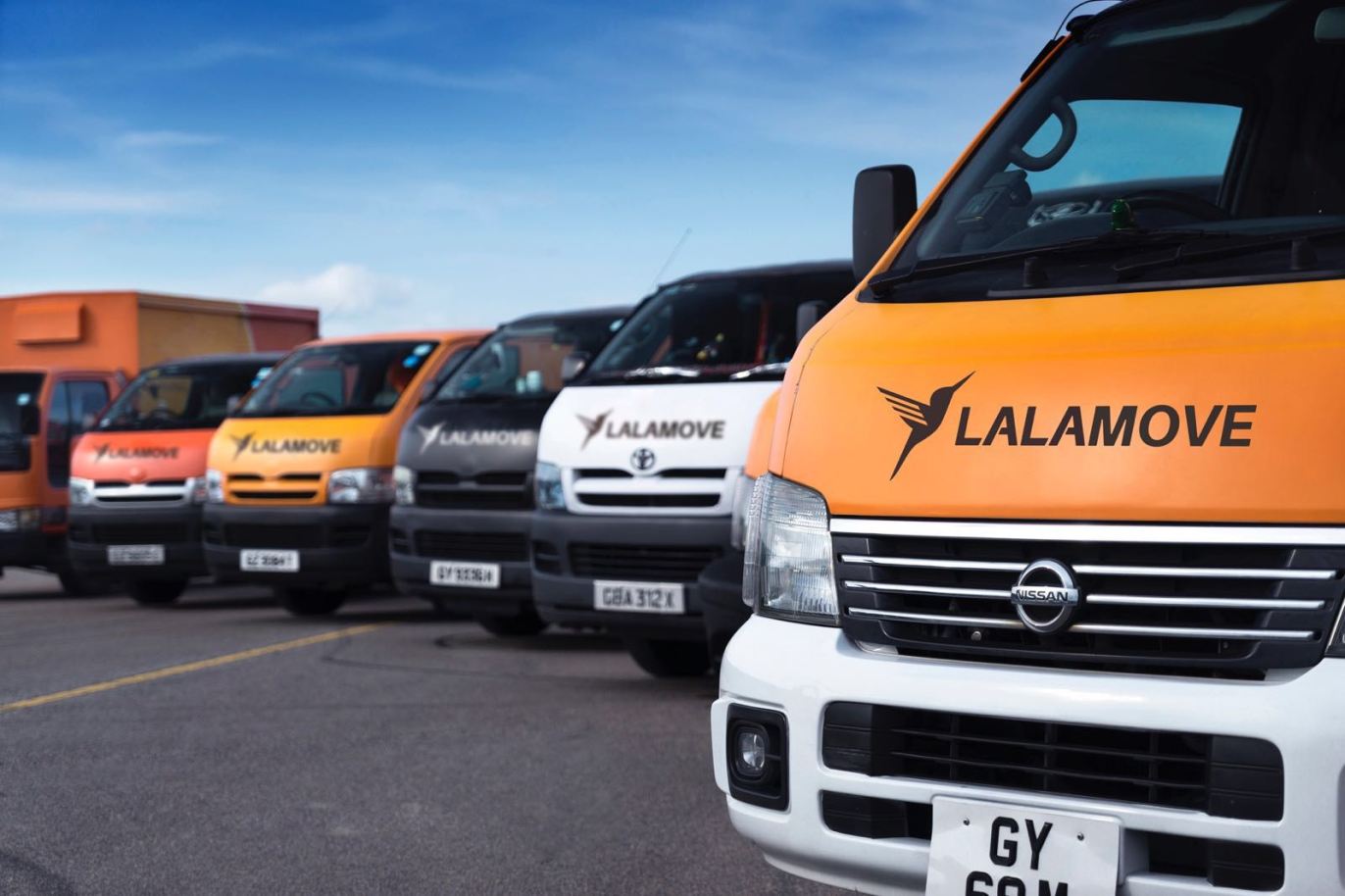‘Uber for logistics’ startup Lalamove raises $30M to expand beyond 100 cities in Asia
 Lalamove, a Hong Kong-based logistics on-demand service, has closed a $30 million Series B as it begins to consider a public listing.
Lalamove, a Hong Kong-based logistics on-demand service, has closed a $30 million Series B as it begins to consider a public listing.The company, which was founded as EasyVan three years ago, is currently present in 50 cities in China and five cities across Southeast Asia. It plans to use this new capital to expand to 60 more cities in China and Asia by the end of 2017.
This round takes the company past $60 million raised from investors. The Series B was led by Beijing-based Xianghe Capital, a new VC firm founded by Baidu’s former head of M&A Hesong Tang. New investor Blackhole Capital participated alongside existing Lalamove backers MindWorks Ventures and Crystal Stream.
In an interview with TechCrunch, Blake Larson, Managing Director for International at Lalamove, said the company is close to reaching profitability.
“This round definitely puts us in a very strong position to grow the business while it isn’t easy to raise now, especially in the on-demand space. Already, several of our cities are profitable, we are cash flow positive and we will be profitable by end of the year,” Larson said,
“We now have enough money that we don’t need to raise again, but that doesn’t necessary mean we won’t. We know we have a model that works [so] it’s not a matter of if we can list but when,” he added. “There’s no line in the sand, but we’re in a financial position that we could list in two or two and a half years.”
Larson didn’t say anything further about a future IPO, such as the location that Lalamove might choose.
Lalamove is one of a series of logistics companies that take their cues from on-demand transport services like Uber. Unlike Uber, however, their customers are predominantly business users, who spend more and do so regularly. But essentially anyone can use the app to move goods — food, shopping and office supplies are popular — using its fleet of motorbikes and vans.
“Logistics is a big market – a USD 1.7 trillion market in China – and it accounts for up to 27 percent of GDP for some countries in Southeast Asia; it is underpenetrated by mobile internet,” Lalamove founder and CEO Shing Chow said in a statement. “Our users have said they want faster and simpler ways to send things in their cities and we have proven that we can help them deliver anything in less than an hour.”
While there’s much speculation over whether Uber and its Chinese rival Didi Chuxing, which is buying Uber’s China business, might go public in the next few years, most pundits are united in the belief that neither ride-sharing businesses is at the point of profitability yet.
However, Lalamove, which Larson said is one of the few remaining players in its space thanks to a challenging fundraising climate, is on of course to realize its first profit this year. That’s down to the kind of customers it targets, and their reliance on service quality ahead of price.
“Our operations may be very similar [to Uber] at a high level, but when you go after a consumer market there’s a very low switching cost. Customer loyalty is harder to maintain,” he explained.
“When [like Lalamove] most of your customers are businesses, they don’t want to change even if there is a short-term cash bonus in doing so. That doesn’t mean they aren’t sensitive to promotions, but that isn’t the driving force.”
Last year, Lalamove inked a deal with Line to powers the chat app’s on-demand services, initially in Bangkok, which is one of Line’s largest markets. Larson said that already the Line Man service has overtaken Rocket Internet’s FoodPanda, which had a four-year headstart, on delivery volumes. He said that the company is investigating similar partnership potential with other services in Southeast Asia in the future.“It may not be another chat app, but there are lots of platform that we’ll look at doing things with, for example social commerce services. [We can help] large platforms that don’t have the operational side,” Larson said.

No comments:
Post a Comment